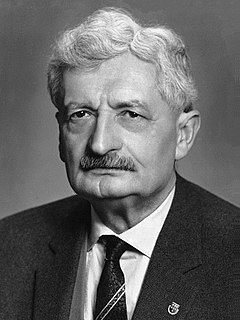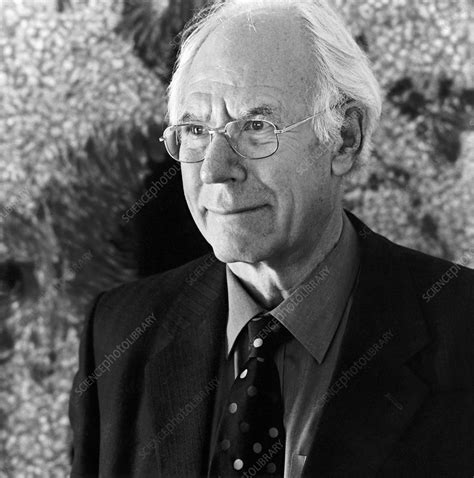A Quote by Brian Cox
Look at that! If you ever needed convincing that we live in the solar system, that we are on a ball of rock, orbiting around the Sun with other balls of rock, then look at that! That's the solar system coming down and grabbing you by the throat.
Related Quotes
Variable behaviour of the sun is an obvious explanation, and there is increasing evidence that Earth's climate responds to changing patterns of solarmagnetic activity. ... If you look back into the sun's past, you find that we live in a period of abnormally high solar activity. ... It's a boom-bust system, and I would expect a crash soon. ... Having a crash would certainly allow us to pin down the sun's true level of influence on the Earth's climate. Then we will be able to act on fact, rather than from fear.
Light is the only connection we have with the Universe beyond our solar system, and the only connection our ancestors had with anything beyond Earth. Follow the light and we can journey from the confines of our planet to other worlds that orbit the Sun without ever dreaming of spacecraft. To look up is to look back in time, because the ancient beams of light are messengers from the Universe's distant past.
I used to be a strong believer that we would eventually colonize the solar system the way it's been done in science fiction many, many times: bases on the moon, Mars colonized, move out to the outer planets, then we go to the next solar system and build a colony there. I don't know now - I'm not as convinced that's the way it's going to pan out.


































